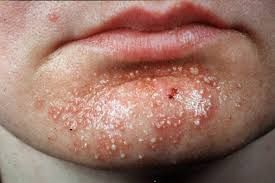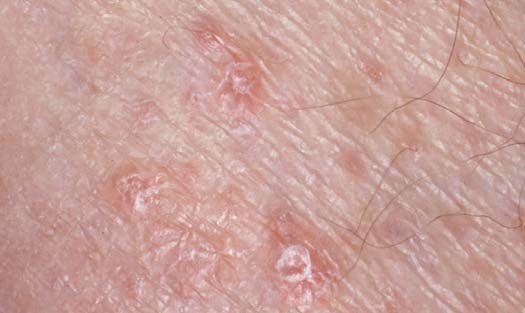ALMOES BLOG
Female fertility: Why lifestyle choices count
If you're hoping to get pregnant, you might wonder about your fertility and whether you can improve it. Some factors might be beyond your control, such as medical issues that affect the ability to conceive. But your lifestyle choices can have an effect on your fertility, too.
Here's what you need to know to promote and protect your fertility.
What can I do to promote female fertility?
Healthy lifestyle choices can help you promote fertility.
Take steps to:
- Maintain a healthy weight. Being overweight or significantly underweight can inhibit normal ovulation.
- Prevent sexually transmitted infections. Infections such as chlamydia and gonorrhea are a leading cause of infertility for women.
- Avoid the night shift, if possible. Regularly working the night shift might put you at higher risk of infertility, possibly by affecting hormone production. If you do work the night shift, try to get enough sleep when you're not working.
While stress won't keep you from getting pregnant, consider minimizing stress and practicing healthy coping methods — such as relaxation techniques — when you're trying to conceive
healthy lifestyle choices count here, too. To protect your fertility:
- Don't smoke. Tobacco use is associated with lower fertility. Smoking ages your ovaries and depletes your eggs prematurely. If you smoke, ask your health care provider to help you quit.
- Limit the amount of alcohol you drink. Heavy drinking is associated with an increased risk of ovulation disorders. If you'd like to get pregnant, consider avoiding alcohol completely. Abstinence at conception and during pregnancy is generally recommended because a safe level of fetal alcohol consumption hasn't been established.
- Curb caffeine. Female fertility doesn't seem to be affected by caffeine intake below 200 milligrams a day. Consider limiting your caffeine intake to one or two 6- to 8-ounce cups of coffee a day.
- Be wary of overexercise. Too much vigorous physical activity can inhibit ovulation and reduce production of the hormone progesterone. If you have a healthy weight and you're thinking of becoming pregnant soon, consider limiting vigorous physical activity to less than five hours a week.
- Avoid exposure to toxins. Environmental pollutants and toxins — such as pesticides, dry-cleaning solvents and lead — can adversely affect fertility.
What month is mental health Month in Canada?
May
Mental Health Awareness Month takes place across Canada in May every year. During this month, Canadians can learn about mental illnesses and how they affect people's lives in different ways. In addition, the public can learn more about how to reduce the stigma around mental illnesses.
Multiple sclerosis (MS)
Multiple sclerosis (MS) is one of the most common diseases of the central nervous system (brain and spinal cord). Today more than 2.8 million people around the world have MS.
MS is an inflammatory demyelinating condition. This means it is caused by damage to myelin – a fatty material that insulates nerves, acting much like the covering of an electric wire. Myelin allows a nerve to transmit its impulses rapidly. It is the speed and efficiency with which these impulses are conducted that permits smooth, rapid and co-ordinated movements to be performed with little conscious effort










